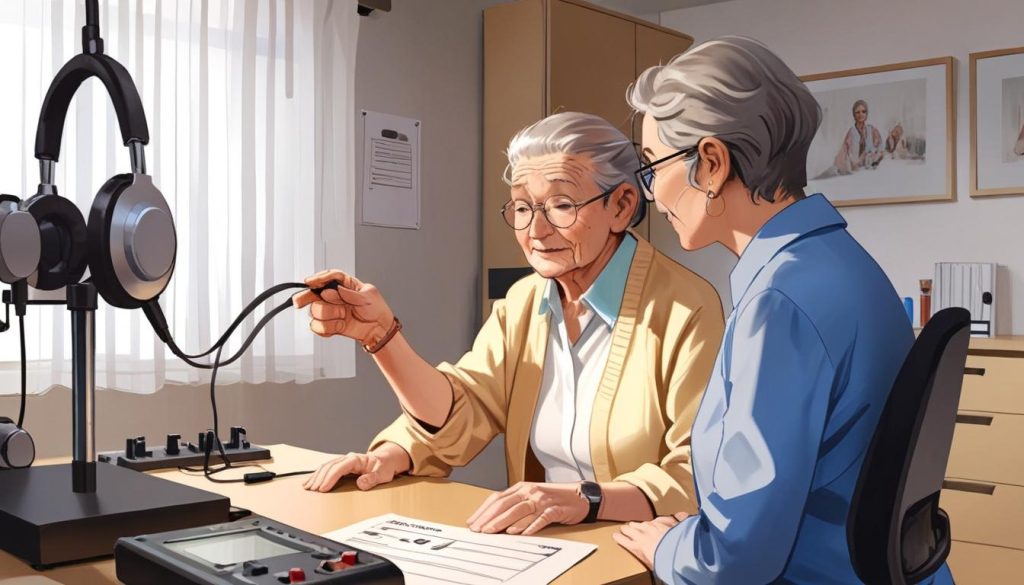As individuals age, maintaining overall health becomes a priority, yet one critical aspect often overlooked is hearing health. While many people routinely schedule medical appointments and monitor various vital signs, the importance of regular hearing assessments tends to fade into the background. However, experts stress that hearing loss is not only common but can also develop insidiously, particularly after the age of 50.
Hearing loss affects a significant portion of the older population, with estimates suggesting that about one-third of those aged 65 and older experience some level of impairment. Nearly 28% of individuals over 52 report that hearing difficulties impact their daily lives. The gradual nature of this decline leaves many underestimating its severity until it starts to affect social interactions, work performance, and emotional well-being. Regular hearing tests provide a proactive solution, facilitating early identification and management of hearing issues before they escalate.
The significance of these tests extends beyond immediate auditory health. Research indicates that untreated hearing loss is associated with increased risks of cognitive decline and dementia. When the auditory system fails to capture sounds effectively, the brain compensates by exerting more effort, which can lead to mental fatigue and a decline in cognitive functions over time. Furthermore, deterioration in hearing ability can severely impact communication, potentially straining personal and professional relationships. Misunderstandings due to hearing difficulties often lead to frustration, social withdrawal, and even depression.
Beyond mental health, hearing plays a vital role in maintaining balance and spatial awareness, with studies linking hearing loss to a higher incidence of falls among the elderly. Audiologists advocate regular screenings as a safeguard, suggesting that an initial hearing assessment at age 50 should be followed by annual or biannual evaluations, especially for those with changes in hearing, a family history of hearing problems, or occupational exposure to loud environments.
A typical audiological evaluation is a straightforward process, generally taking under an hour. During the assessment, an audiologist will discuss any symptoms, conduct tests using headphones to measure different tones and pitches, and evaluate speech recognition capabilities. If hearing impairment is detected, potential solutions may include hearing aids, assistive listening devices, or lifestyle changes aimed at enhancing auditory health.
Despite the clear benefits, many individuals neglect to book these essential assessments. However, the adverse effects of untreated hearing issues can ripple through a person’s life, diminishing not only their quality of life but also putting them at greater health risks. The opportunity for early intervention is a compelling reason to take control of hearing health. Regular check-ups can empower individuals to stay socially engaged and independent well into their later years.
As awareness around the importance of hearing health continues to grow, it’s vital for those over 50 to prioritise routine hearing evaluations as part of their health care regimen. Engaging with hearing specialists not only helps identify potential issues but also offers support for maintaining auditory well-being. The message is clear: taking proactive steps can lead to improved quality of life and overall health in older age.
📌 Reference Map:
- Paragraph 1 – [1], [5]
- Paragraph 2 – [1], [2], [4], [6]
- Paragraph 3 – [3], [7]
- Paragraph 4 – [1], [5]
- Paragraph 5 – [2], [6]
- Paragraph 6 – [3]
- Paragraph 7 – [1], [4]
- Paragraph 8 – [1], [5]
Source: Noah Wire Services





